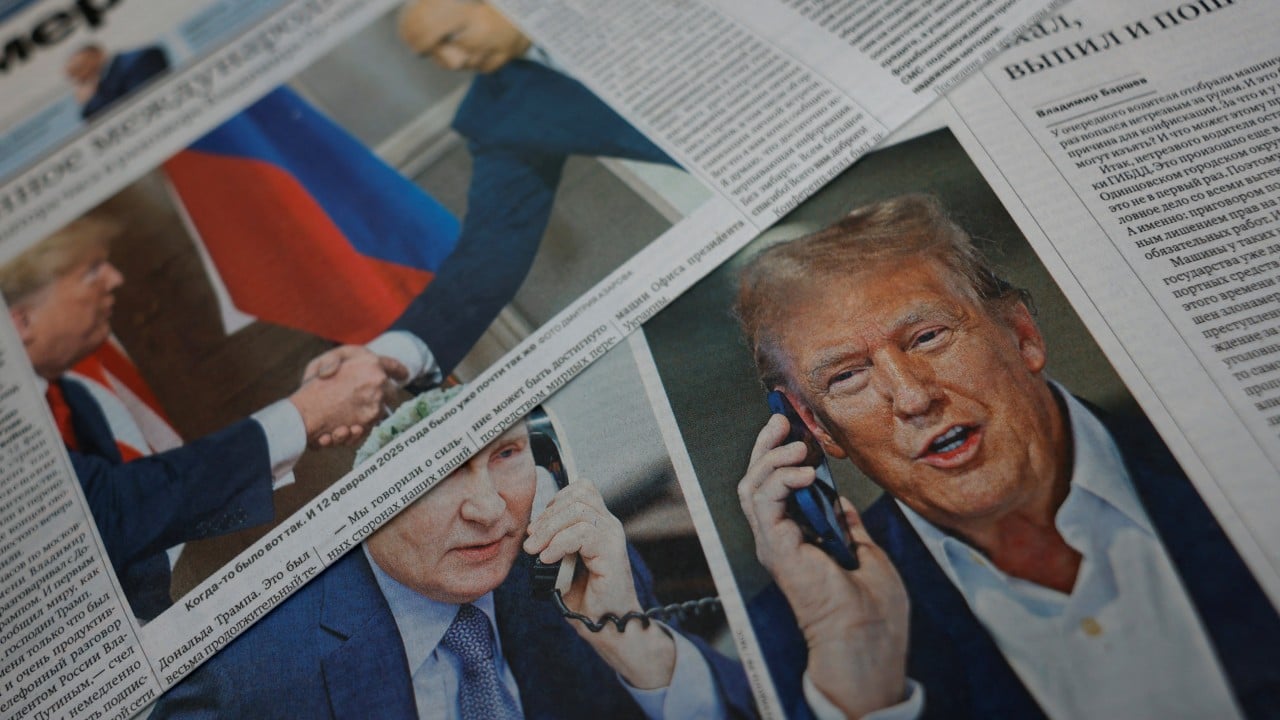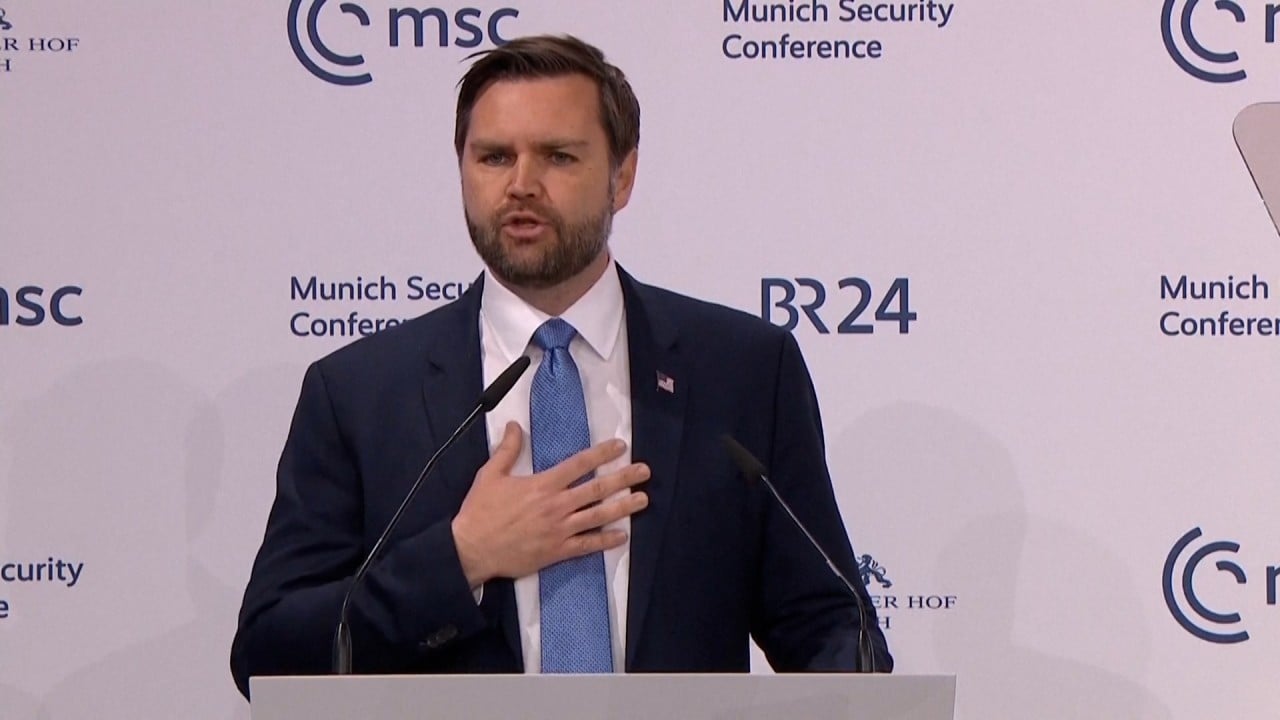The recent Munich Security Conference epitomised two important tectonic shifts: namely in transatlantic relations and artificial intelligence.
Advertisement
For transatlantic diplomacy, the most noteworthy development was, of course, a speech US Vice-President J.D. Vance delivered on Friday.
Instead of giving clues about the US position on solving the Ukraine crisis, Vance stunned the audience with a blistering attack on major European countries for departing from democracy, and for allowing an influx of immigrants.
The speech might sound ridiculous to many ears, but it highlighted the rift in world views between the Trump administration and Europe, as well as how Vance prioritised a domestic audience over the US’ traditional allies.
The conference has long been a platform for the US, Europe and Nato to discuss security issues, but the Trump administration appears to have little interest in involving Europe – or even Ukraine – in peace talks with Russia. Both were absent from the negotiations between US and Russian officials in Saudi Arabia on Tuesday.
Wang Yi, China’s foreign minister who attended the Munich Security Conference, said Beijing supported peace talks but that all stakeholders, including the European Union, should take part in the negotiations. This stance put Beijing in a favourable position.


